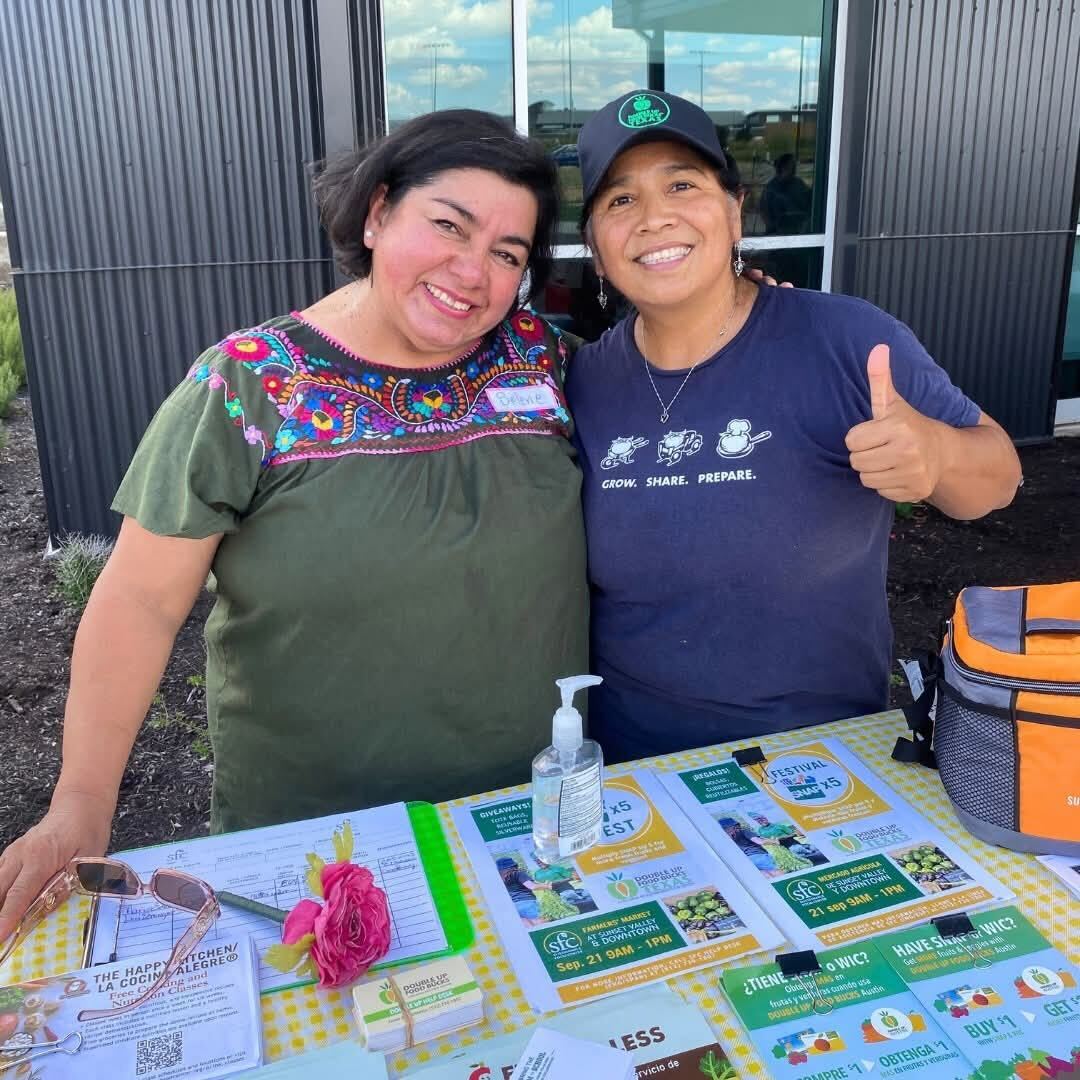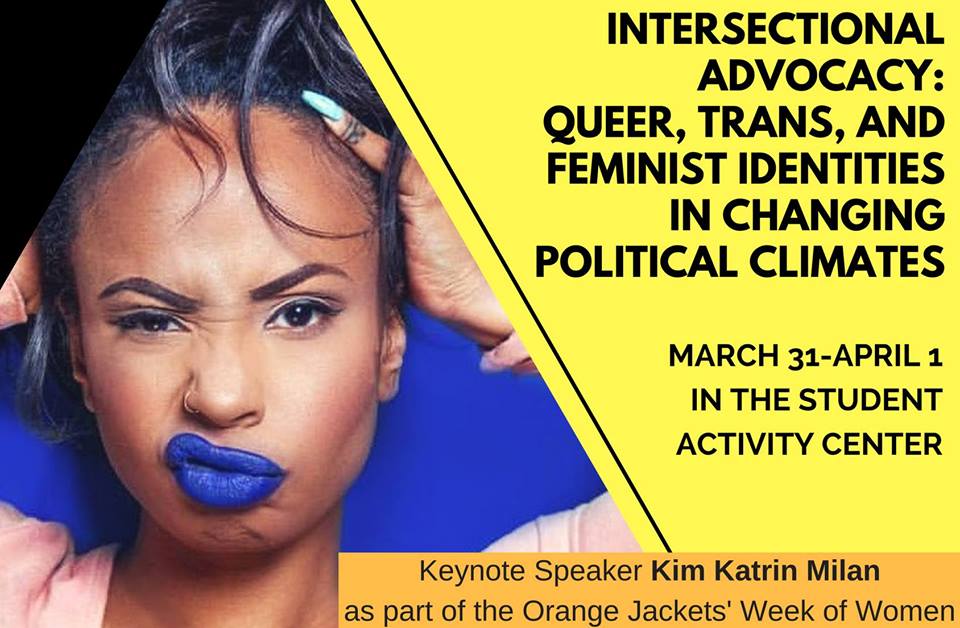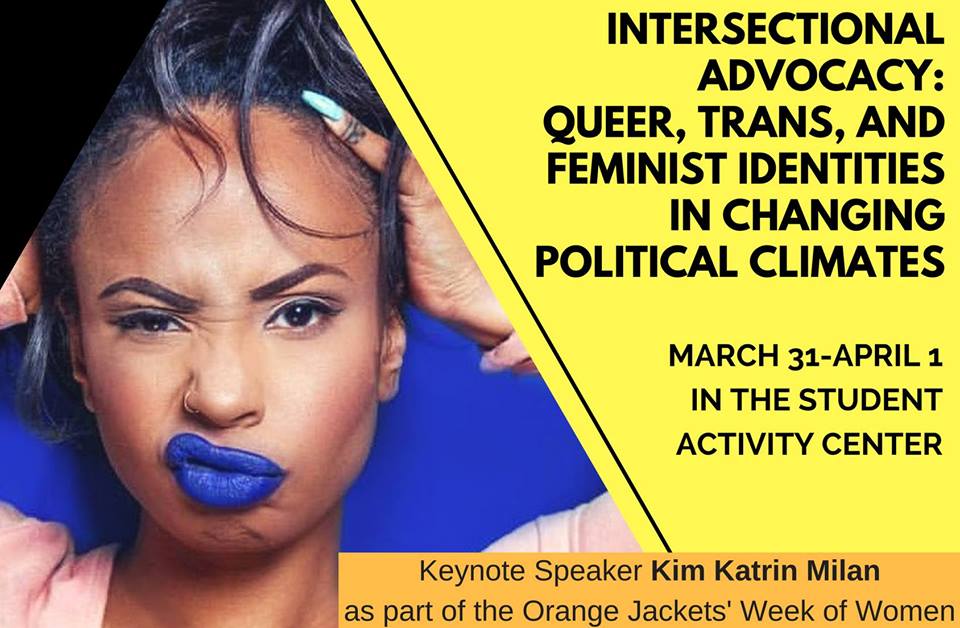Photo courtesy of the Feminist Action Project.
Join The Feminist Action Project and Trans Student Alliance on March 31 through April 1 for the first ever Advocacy Conference at the University of Texas at Austin.
Story by Imani Sebri
This year’s theme focuses on how queer identities navigate the current political climate. Here is a list of four student-run panels to check out.
Gendered Colonization & Indigenous Resistance to Violence
Time: 10:30 a.m. – 11:45 a.m.
Place: SAC 2.302
Facilitated by four UT students, this panel seeks to create an understanding of colonialism as a gendered practice—that is to say it effects masculine and feminine individuals in very different ways. It shapes how we view gender and how gender plays out in each of our lives. The panel focuses on how these colonial dynamics replicate themselves within activist spaces, and how it’s detrimental to the goal of liberation for all peoples. In addition to this, the panelists will also define key terms, host group discussions and provide a framework through which to organize.
Xicanx Indigenous Identities
Time: 11:45 a.m. – 12:30 p.m.
Place: SAC 2.302
Through colonialism and migration, many Mexican-Americans, or Xicanxs, have limited knowledge of their indigenous roots. By identifying as Xicanx, Mexican-Americans are able to recenter their indigenous roots. Xicanx uses the Nahua language, a dominant indigenous language in Mexico, pronunciation of the letter X which is similar to the “CH” in Spanish.
In trying to reclaim their heritage and history, people can incorrectly claim Aztec and/or Mayan roots based on their parents Mexican nationality. This panel discusses why that leads to the erasure of diverse indigenous communities in Mexico, and the complexities of Xicanx identities.
Our “Male” Bodies in the Realm of Cosmetology
Time: 3:25 p.m. – 4:15 p.m.
Place: SAC 2.120
This is a comprehensive, intersectional panel discussing how the world of cosmetology views “male” bodies in terms of gender identity, expression and gender roles. Makeup is a craft still heavily shaped by society’s notions of what is “masculine” and “feminine,” and this binary way of thinking is harmful to those who are gender non-conforming. This panel will discuss what it’s like to navigate this space as a non-femme.
Proletarian Feminism 101
Time: 4:30 p.m. – 5:30 p.m.
Place: SAC 1.106
This panel will discuss the history and theories of proletarian, or working class, feminism, and how anti-capitalist sentiments should be discussed in tandem with the feminist struggle. Drawing from the theory of “intersections of oppression,” coined by black scholar Kimberle Crenshaw, the panel will facilitate discussions on how systems of oppression affect people differently depending on their identities, how certain social issues are woven into the fabric of society and how to brainstorm solutions for these issues. The workshop will conclude with an analyzation of the current political climate through a proletarian feminist framework and a short q&a session.












































